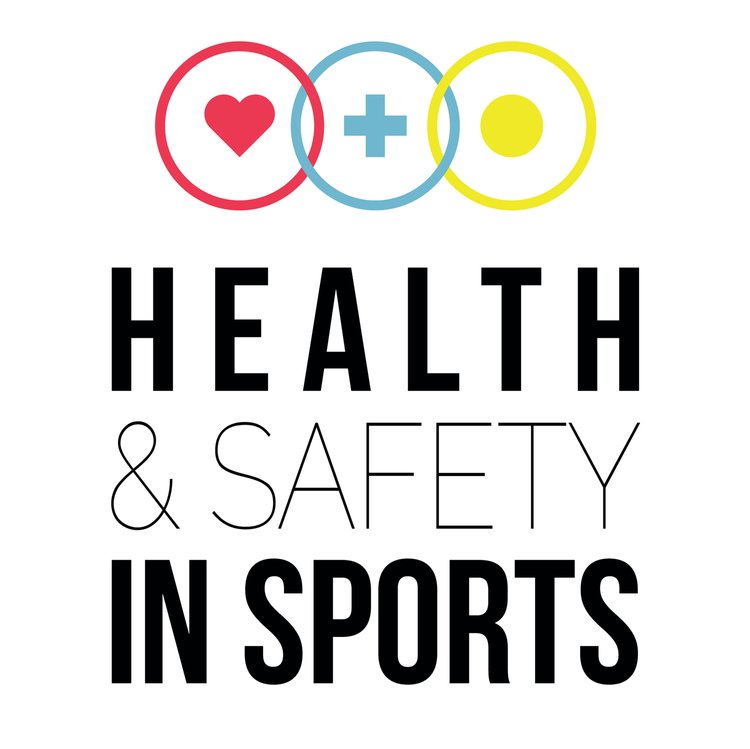FUNDING
Caroline Bolling is a PhD candidate supported by Conselho Nacional de Desenvolvimento Científico e Tecnológico – CNPq , Brazil- grant number 202242/2015-3
BACKGROUND
Sports injury prevention researchers have developed many strategies to prevent injuries in the past years. Despite the evolution in research, how to apply the models/ programs from research into practice remains a challenge. The interventions are usually developed from the researcher’s perspective and despite having the injury prevention as the main goal, they don’t take into consideration the elite sports context and its particularities. A better understanding of this context is needed to developed customized interventions and improve the use of injury prevention strategies in practice. Qualitative methods can provide a contextual perspective on the injury problem by exploring different perpectives and enabling a more comprehensive understanding of the injury prevention process in practice.
RESEARCH QUESTIONS/OBJECTIVES
This project aims to recognize and understand the reality of the elite sports context through a qualitative study. We aim to explore and understand the beliefs, attitudes and knowledge about injury prevention from the athletes’ and other stakeholders’ (i.e. coaches and medical staff) perspective.
This study just appeared online in the renowned British Journal of Sports Medicine. In this study, Evert Verhagen and Caroline Bolling collaborated with our Australian, South African and Canadian IOC Research Centres colleagues. This study explored the policy and practice impact of the IOC Consensus Statements on athlete health and medical team management in two economically and contextually diverse countries.
Another thesis that is approved and about to be defended before the committee. Caroline Bolling gave voice to athletes and artists in her work entitled “Who Me? I thought you would never ask!” in which she applied qualitative methods in sports injury prevention research. You may have seen some of her work already floating around Social Media where it was picked up by several clinical colleagues. Please find below the summary of her thesis, and drop us a line of you would like an electronic copy of the full book.
Hot off the press comes this publication by our own Caroline Bolling. Proud to say her qualitative work has created waves and found its way to the British Journal of Sports Medici e. This particular study explored how sports injury prevention takes place in elite sport practice and to describe the perspectives of athletes, coaches and physiotherapists regarding the most critical factors that help prevent injury in the elite sports context.
Hot off the press is our recent endeavor to apply systems thinking towards understating the injury and injury prevention context. We undertook this qualitative study within an international circus company—Cirque du Soleil—to explore the narrative of artists and the artistic team in regards to injuries and their prevention and to describe the prevention of injuries from a systems thinking lens. The outcomes show the need for a broader view on preventive interventions, and as we speak we are validating this in elite and professional sports as well (stay tuned for those outcomes).
Injury definition is a relevant topic in sports injury prevention, however we don't know if the theoretical sports injury definitions current applied in literature also align with the perspectives of the main stakeholders in an elite sports setting. What if we ask them? That was the aim of the study: to explore how athletes, coaches, and physiotherapists define a sports injury, and how the elite sport context influences their perception of injury.
Despite the availability of high quality evidence, compliance to interventions that protect athletes’ health is low. Consequently, evidence-based programs are not achieving their optimal effect in real-life athletic situations. Implementation and knowledge translation are the contemporary incantations to resolve this apparent gap between science and practice. This has provided us novel research questions and challenges that follow on efficacious outcomes. Most of these questions are not answered through quantifiable outcomes measures as they revolve around user behaviors. This editorial argues that if we want to know why athletes and coaches behave as they do, and what barriers there may be to changing their behavior, qualitative research can be used to give athletes and coaches a voice.
We are proud of this one .. just popped up online today. It is possible to prevent sports injuries. Unfortunately, the demonstrated efficacy and effectiveness of injury prevention approaches are not translated into lasting real-world effects. Contemporary views in sports medicine and injury prevention suggest that sports injuries are ‘complex’ phenomena. If the problem we aim to prevent is complex, then the first step in the ‘sequence of prevention’ that defines the ‘injury problem’ already needs to have considered this. The purpose of this paper was to revisit the first step of the ‘sequence of prevention’, and to explore new perspectives that acknowledge the complexity of the sports injury problem.








